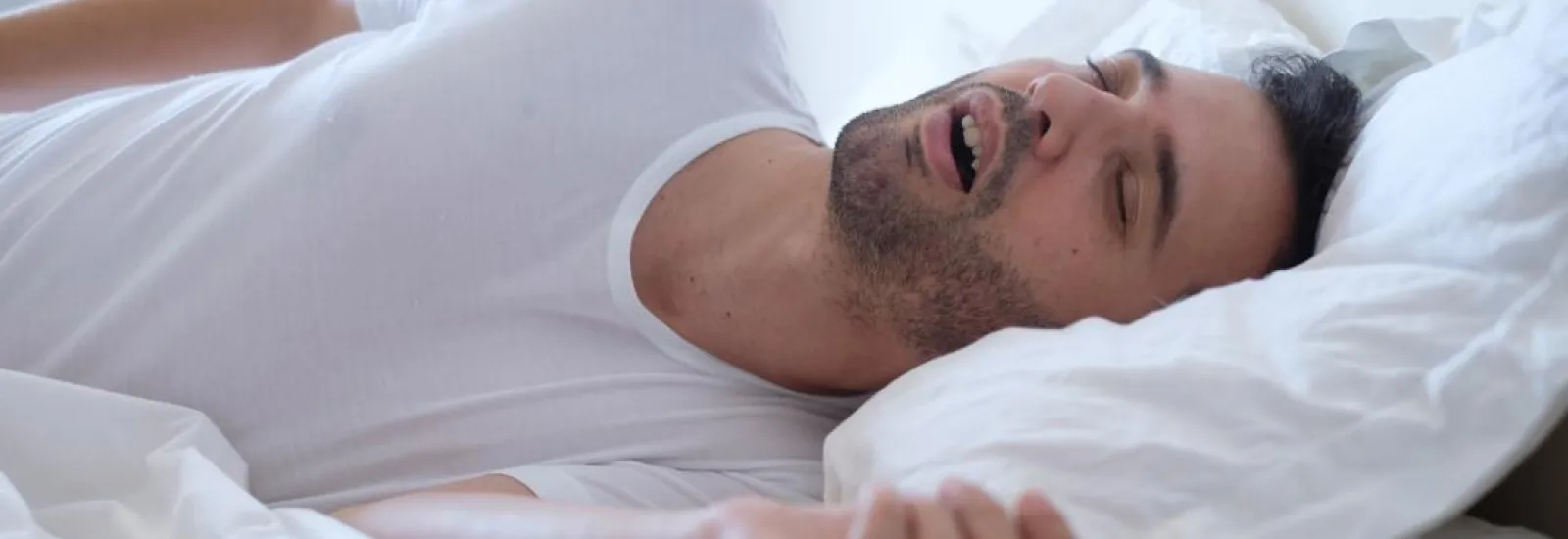
Obstructive sleep apnea – what is it?
Has anyone in your family ever mentioned that you snore when you sleep? Do you ever wake yourself from sleep feeling short of breath? Perhaps you are exhausted throughout the day despite sleeping several hours every night. Obstructive sleep apnea (OSA) is a very common condition that affects up to 30% of males and 15% of females in America. In addition to causing daytime sleepiness obstructive sleep apnea can also lead to cardiovascular and pulmonary complications if not treated or resolved.
What is OSA?
OSA is a condition that involves obstruction narrowing or complete blocking of the airway during sleep. The obstruction prevents or significantly limits the body from getting air in or out of the lungs and causes a person to snore stop breathing momentarily or wake gasping for air.
Who is at higher risk?
- Men
- Advancing age
- Obese (BMI > 35)
- Face and neck features: small jaw large neck circumference enlarged tonsils
- Medical conditions: pregnancy nasal congestion congestive heart failure end stage renal disease
- Smokers
What are the symptoms?
- Snoring day-time fatigue gasping at night decreased concentration nocturia hypertension morning headaches
How is OSA diagnosed?
When OSA is suspected your health care provider will order a sleep study to be conducted overnight in a sleep clinic. The study will monitor your brain waves to determine your stage of sleep heart rate breathing oxygen levels body position and limb movement. If results indicate OSA the technologist may fit you for a positive airway pressure machine (such as a CPAP) to determine appropriate settings for your sleep.
How is OSA treated?
Positive pressure breathing machines (CPAP BIPAP) are the most common medical treatment. CPAP therapy (continuous positive airway pressure) provides pressurized air to allow air into the lungs. Weight loss may also reverse or decrease the severity of the condition. For those with mild sleep apnea lifestyle changes such as sleeping on one’s side (rather than on back) and to avoid consuming alcohol or prescription medications that may suppress breathing.
If you believe you may have sleep apnea or have concerns relating to OSA please contact your health care provider or contact Reid Family & Specialty Care. or see information on the Reid Sleep Disorders Center. We will be happy to discuss testing and treatment options appropriate for you. Remember treatment will reduce your risk of daytime fatigue motor vehicle accidents diabetes fatty liver disease and cardiovascular disease.

